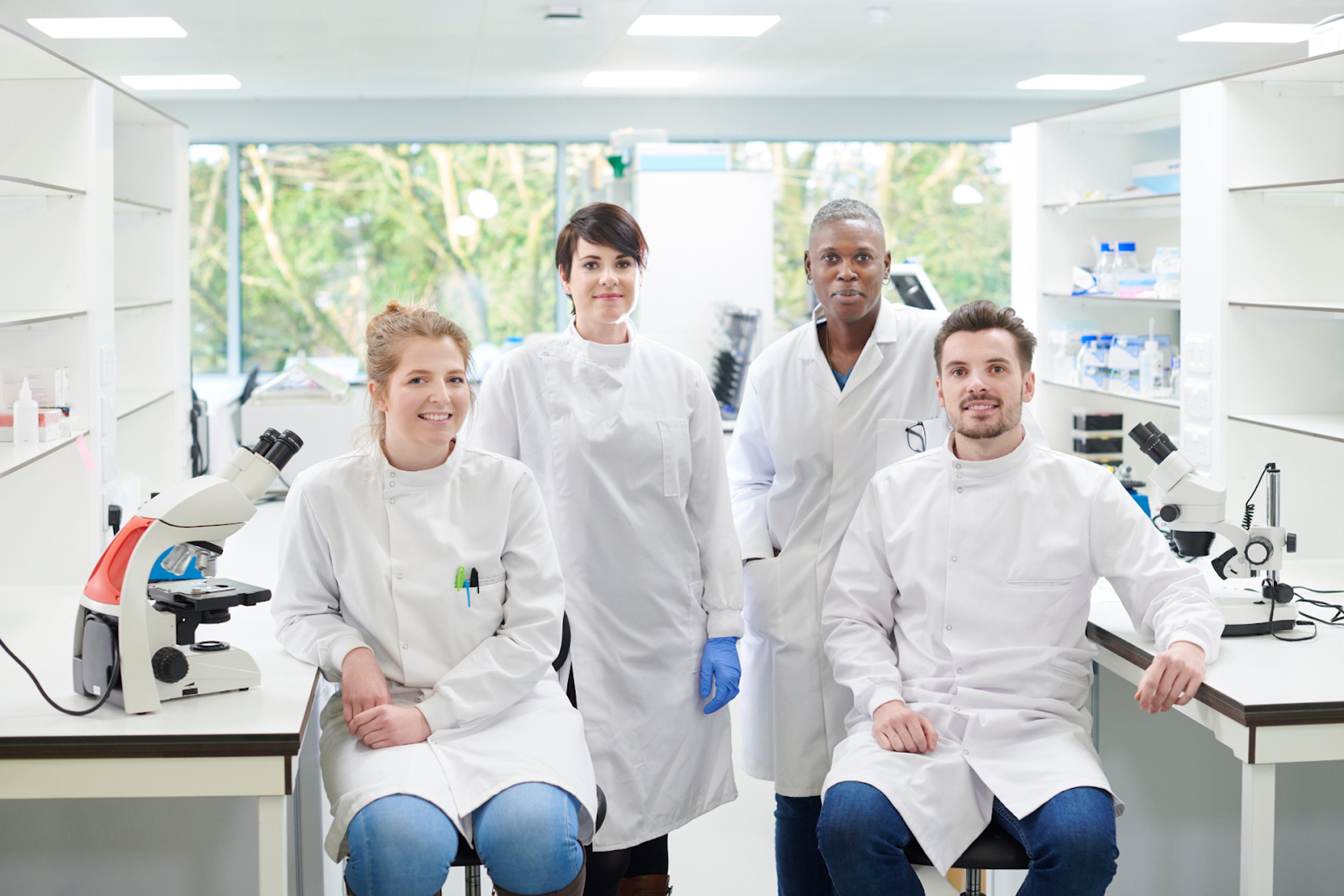Medical School Requirements: What You Need to Get In
Discover the essential requirements and qualifications you need to fulfill in order to gain acceptance into medical school.
Posted March 6, 2025

Table of Contents
Applying to medical school can be a daunting task. With intense competition and strict admission requirements, aspiring medical students must be well-prepared to stand out among the crowd. In this article, we will discuss the various medical school requirements that you need to meet in order to increase your chances of gaining admission to your dream medical school.
Medical School Admission Requirements
Medical school admission requirements vary slightly from one institution to another, but there are certain core criteria that are common across the board. These requirements typically include:
- Undergraduate Degree: Most medical schools require applicants to have completed a four-year bachelor's degree from an accredited institution. While there is no specific major required, it is important to take prerequisite courses in biology, chemistry, physics, and mathematics.
Obtaining an undergraduate degree is an important step towards gaining admission to medical school. It provides students with a solid foundation in various subjects, allowing them to develop critical thinking and problem-solving skills. Additionally, completing a bachelor's degree demonstrates a commitment to academic excellence and the ability to handle the rigorous coursework in medical school.
- Medical College Admission Test (MCAT): The MCAT is a standardized exam that measures a student's knowledge of the sciences, critical thinking, and problem-solving skills. A good MCAT score is crucial for gaining admission to medical school. Therefore, it is important to dedicate sufficient time and effort to prepare for this exam.
The MCAT plays a significant role in the medical school admissions process. It assesses a student's understanding of key scientific concepts and their ability to apply that knowledge to real-world scenarios. To achieve a good MCAT score, students often engage in extensive study and practice, utilizing various resources such as review books, online courses, and practice exams. This comprehensive preparation helps students develop the necessary skills and knowledge to excel in medical school.
- Science GPA: Medical schools place a significant emphasis on an applicant's science GPA, which includes grades earned in science-related coursework. A strong science GPA demonstrates your ability to handle the rigorous coursework in medical school.
Medical schools consider an applicant's science GPA as an indicator of their academic aptitude and ability to succeed in the demanding curriculum. A strong science GPA reflects a student's dedication to their studies and their mastery of scientific concepts. To achieve a high science GPA, students often engage in thorough studying, attend office hours, and seek additional resources to enhance their understanding of complex scientific topics.
- Letters of Recommendation: Most medical schools require applicants to submit letters of recommendation. These letters should ideally be from professors, healthcare professionals, or individuals who can speak to your academic abilities and personal qualities.
Letters of recommendation provide medical schools with valuable insights into an applicant's character, work ethic, and potential as a future physician. Professors who have taught the applicant can speak to their academic abilities, while healthcare professionals can provide insight into their clinical skills and professionalism. These letters help admissions committees evaluate an applicant's potential to contribute positively to the medical school community and succeed in their future medical career.
- Personal Statement: The personal statement is a vital component of your medical school application. It provides you with an opportunity to highlight your motivations for pursuing a career in medicine and to showcase your unique qualities that make you an exceptional candidate.
The personal statement allows applicants to convey their passion for medicine and their reasons for choosing this noble profession. It provides a platform to share personal experiences, challenges faced, and lessons learned that have shaped their desire to become a physician. Through the personal statement, applicants can demonstrate their empathy, resilience, and commitment to serving others, which are essential qualities for a successful medical career.
4 Essential Tips on How to Prepare Your Application
Once you have familiarized yourself with the basic medical school admission requirements, it is time to start preparing your application. Here are some tips to help you along the way:
- Research: Before applying, thoroughly research different medical schools to find out their specific requirements, mission, and values. This will help you tailor your application to each school and demonstrate your genuine interest.
- Start Early: Medical school applications take time, so it is important to start early. Begin gathering all the necessary documents, such as transcripts and letters of recommendation, well in advance to avoid any last-minute rush.
- Volunteer and Shadow: Medical schools value hands-on experience in the healthcare field. Consider volunteering at hospitals, clinics, or other healthcare organizations. Additionally, shadowing physicians will give you a firsthand look into the medical profession and help you solidify your commitment to pursuing a career in medicine.
- Attend Informational Sessions: Many medical schools offer informational sessions or open houses. Take advantage of these opportunities to learn more about the schools, meet faculty and students, and get a feel for the campus culture.
Academic and Extracurricular Preparation
Aside from meeting the basic requirements, it is crucial to excel academically and engage in meaningful extracurricular activities. Admissions committees look for well-rounded individuals who can balance their studies with other interests and responsibilities.
Academically, strive for excellence in your classes, especially those that are science-related. This will not only help boost your science GPA but also demonstrate your ability to handle the rigorous coursework in medical school.
Engaging in extracurricular activities that align with your interests and values will make you a more competitive candidate. Join clubs or organizations that relate to healthcare, volunteer in your community, and take on leadership roles to showcase your commitment to service and your ability to work well with others.
Final Steps Before Submission
Finally, before submitting your medical school application, ensure that you have completed all necessary components and triple-check for any errors or omissions. Here are some final steps to consider:
- Proofread: Carefully review your personal statement and other written components of your application for grammatical errors or typos. It may be helpful to have someone else review your application as well.
- Strengthen Your Weaknesses: If your academic or extracurricular profile has any weaknesses, take steps to address them. Consider retaking courses to improve your GPA or seeking opportunities to gain hands-on experience in areas where you may be lacking.
- Practice for Interviews: If invited for an interview, practice your interview skills. Research commonly asked interview questions and prepare thoughtful responses that showcase your qualifications and suitability for a career in medicine.
Read these next: The Ultimate Guide on How to Get Into Medical School and A Guide to the T20 Medical Schools in the U.S












